 Creative Commons Attribution 3.0 IGO license (CC BY 3.0 IGO)
Creative Commons Attribution 3.0 IGO license (CC BY 3.0 IGO)2018 Asian Development Bank
6 ADB Avenue, Mandaluyong City, 1550 Metro Manila, Philippines
Tel +63 2 632 4444; Fax +63 2 636 2444
www.adb.org
Some rights reserved. Published in 2018.
ISBN 978-92-9261-484-3 (print), 978-92-9261-485-0 (electronic)
Publication Stock No. TCS199904
DOI: http://dx.doi.org/10.22617/TCS199904
The views expressed in this publication are those of the authors and do not necessarily reflect the views and policies of the Asian Development Bank (ADB) or its Board of Governors or the governments they represent.
ADB does not guarantee the accuracy of the data included in this publication and accepts no responsibility for any consequence of their use. The mention of specific companies or products of manufacturers does not imply that they are endorsed or recommended by ADB in preference to others of a similar nature that are not mentioned.
By making any designation of or reference to a particular territory or geographic area, or by using the term country in this document, ADB does not intend to make any judgments as to the legal or other status of any territory or area.
This work is available under the Creative Commons Attribution 3.0 IGO license (CC BY 3.0 IGO) https://creativecommons.org/licenses/by/3.0/igo/. By using the content of this publication, you agree to be bound by the terms of this license. For attribution, translations, adaptations, and permissions, please read the provisions and terms of use at https://www.adb.org/terms-use#openaccess.
This CC license does not apply to non-ADB copyright materials in this publication. If the material is attributed to another source, please contact the copyright owner or publisher of that source for permission to reproduce it. ADB cannot be held liable for any claims that arise as a result of your use of the material.
Please contact if you have questions or comments with respect to content, or if you wish to obtain copyright permission for your intended use that does not fall within these terms, or for permission to use the ADB logo.
Notes:
In this publication, $ refers to United States dollars.
Corrigenda to ADB publications may be found at http://www.adb.org/publications/corrigenda.
On the cover:
Empowering women and girls. ADB-supported projects in Uzbekistan help improve girls and womens access to education, training, employment, and livelihood opportunities (photos by Women's Committee of Uzbekistan and ADB).
FOREWORD
Cooperation between the Womens Committee of Uzbekistan and the Asian Development Bank (ADB) began in the 2000s, when ADB supported the publication of the Women and Men in Uzbekistan 20072010: Statistical Bulletin. statistical collection. Since then, various projects and initiatives aimed at achieving gender equality in Uzbekistan have been implemented in close collaboration with ADB. One direction that collaboration has taken is country gender assessments (CGAs). This CGA update is the third in the series, following the first two in 2005 and 2014.
Since it gained independence in 1991, the Republic of Uzbekistan has made gender equality a fundamental democratic principle, enshrined in the Constitution. The country has acceded to over 60 international human rights agreements and joined some international organizations and covenants that promote gender equality and protection of womens rights. Uzbekistan ratified the Convention on the Elimination of All Forms of Discrimination against Women (CEDAW) in 1995. Since then, it has regularly endorsed and implemented CEDAW national action plans.
The WCU is the main driving force for gender equality in the country. It has operational branches in each administrativeterritorial body, headed by the deputy head of administration on women. The government provides continuing support to the WCU. A recent decree of the President identified measures to dramatically improve interventions that support women and strengthen the family as an institution. In this context, gender analysis and assessment of projects and initiatives was seen to improve the situation of women and men are timely and constitute an integral part of WCU efficiency.
This CGA update, prepared by ADB in close cooperation with the WCU, is a comprehensive analysis of the socioeconomic aspects of gender equality in Uzbekistan. It covers a wide range of issues related to womens empowerment through increased economic activity in various sectors. The recommendations presented here can be used as basis for developing a long-term strategy for the collaboration of WCU and ADB, including programs aimed at increasing womens employment and income generation, traditional gender stereotypes, and further enhance the role and status of women in Uzbekistan.


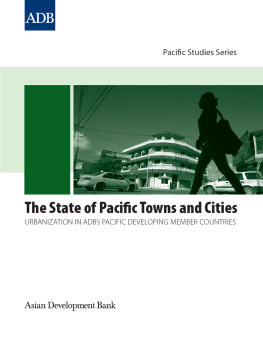
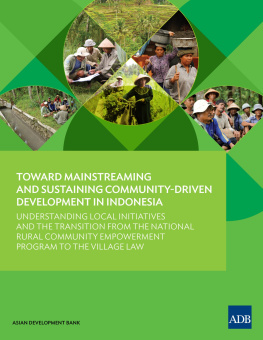
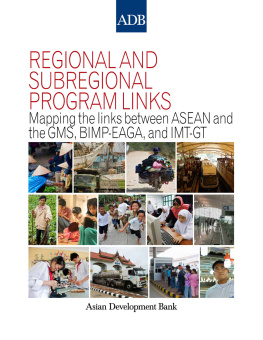
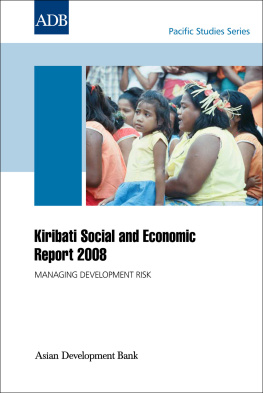
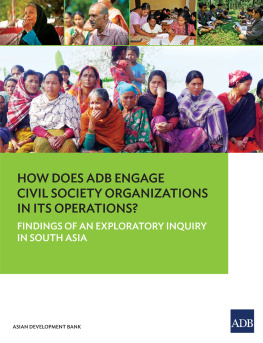
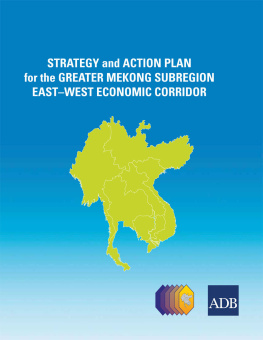
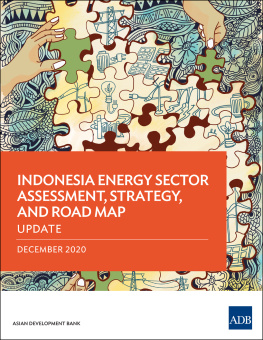
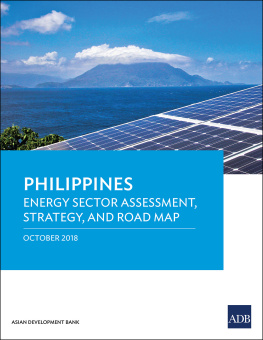
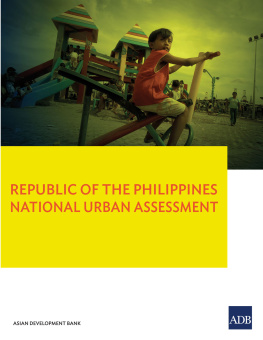
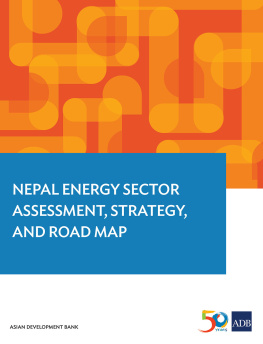


 Creative Commons Attribution 3.0 IGO license (CC BY 3.0 IGO)
Creative Commons Attribution 3.0 IGO license (CC BY 3.0 IGO)